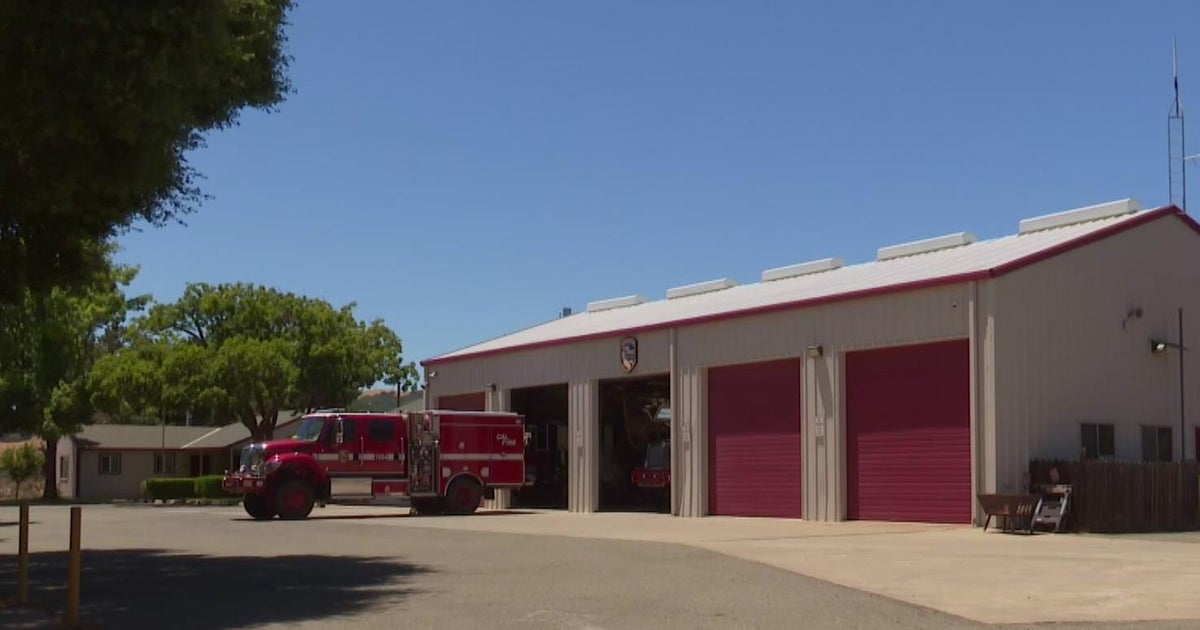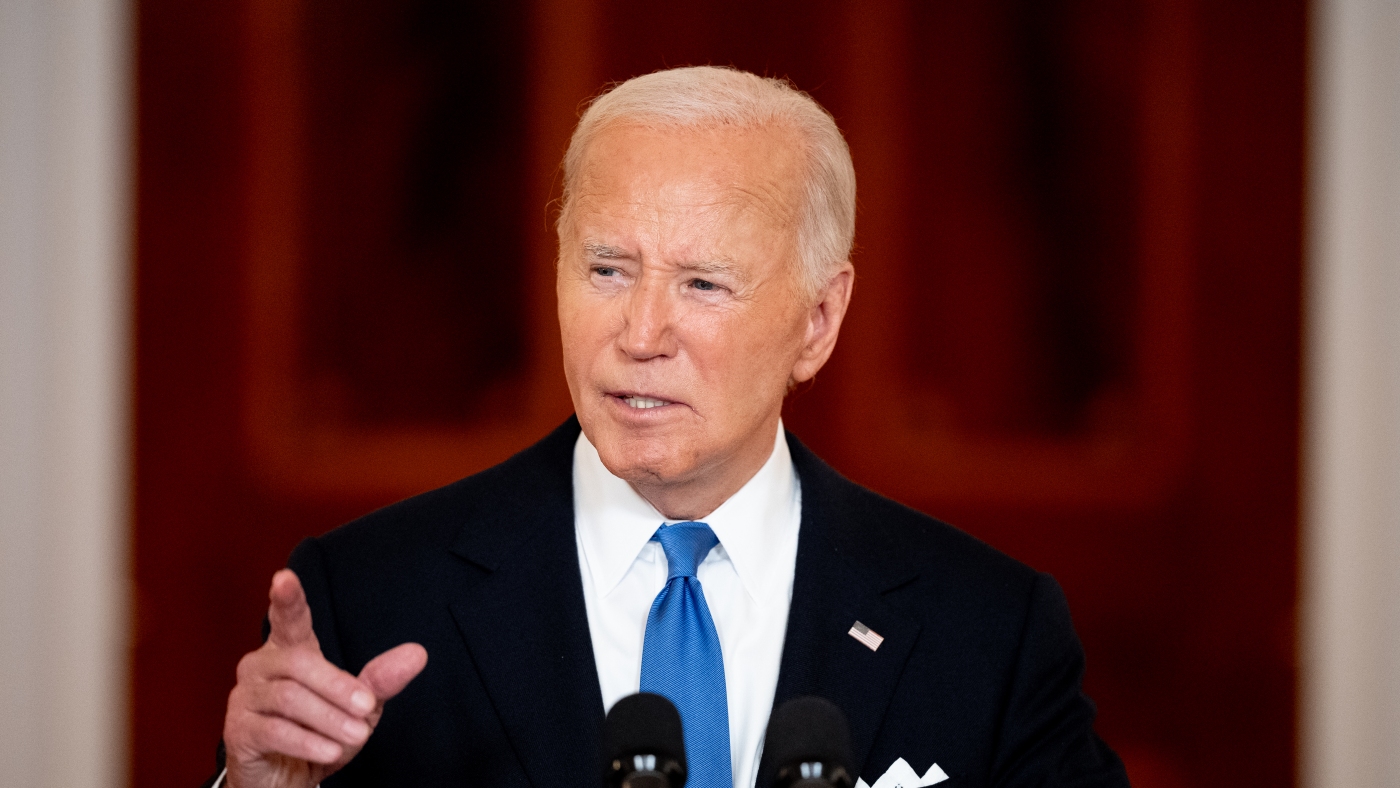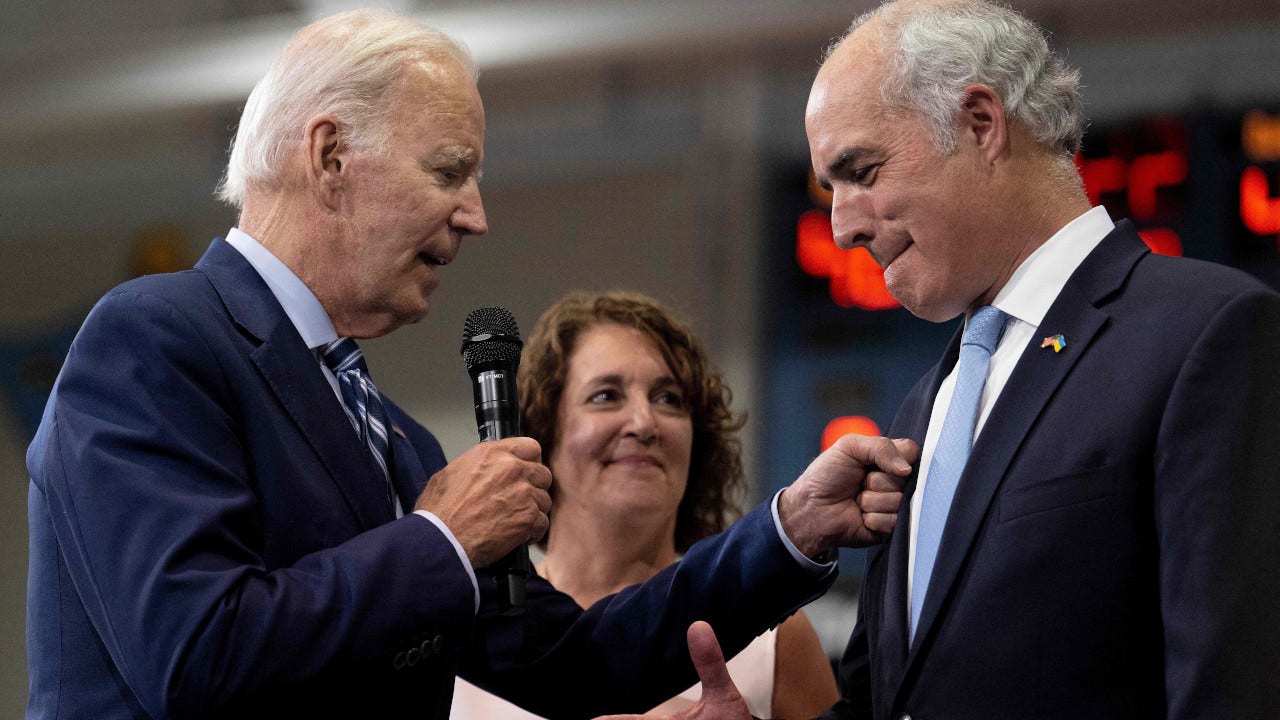North Carolina
NC lawmakers rushed dozens of bills over the finish line, but failed efforts stand out
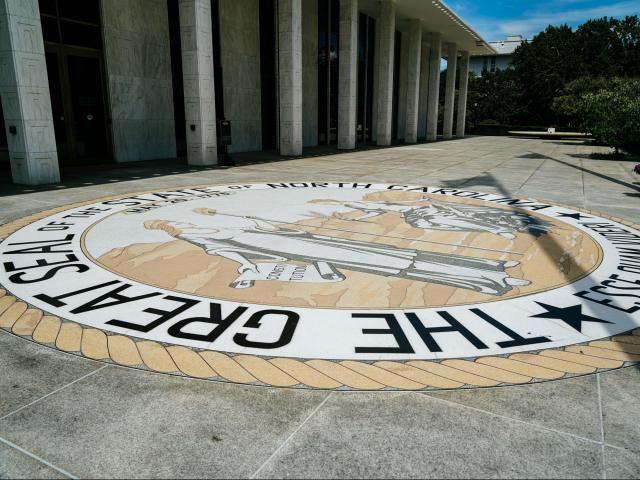
The final days of North Carolina’s 2024 legislative session saw what had been a relatively unproductive affair end in a torrent of action, drama and confusion.
The legislature last week passed 33 bills — most of them on Thursday, the final day of votes.
At times, lawmakers appeared to have only a vague idea of what they were being asked to vote on as the House and Senate were quickly amending bills and shuffling them between one another for final approval.
At one point Thursday the Senate sent the House a new version of a bill containing a slew of public health policy changes. Democratic Rep. Pricey Harrison, D-Guilford, asked if one of her Republican colleagues could explain what the new version would do — or if the House could take a three-minute break to let lawmakers read the bill they had just been asked to vote on.
House Speaker Tim Moore declined to allow a break. And the bill’s House lead, Rep. Larry Potts, R-Davidson, declined to answer Harrison’s question about what it would do.
The bill then passed, in a bipartisan 104-7 vote. It’s now on Democratic Gov. Roy Cooper’s desk to sign or veto. Senate Bill 425 appears to change the rules for county health directors, surrendering an unwanted newborn, trauma assessments of children in foster care, prison inmates and Medicaid benefits, security risk assessments for hospitals, and more.
Once that vote passed following Moore’s refusal to break for three minutes to let lawmakers read the bill, Moore then immediately announced the House would take a 15-minute break so lawmakers could look over and privately discuss a different bill.
Yet another bill removes hundreds of acres of land from Summerfield, a Greensboro suburb, at the request of a real estate developer who has been upset at the town council for not approving his proposed housing project. House Bill 909 passed Thursday without that proposal ever being vetted through any committee in the House of Representatives.
That’s a steep departure from legislative norms. Even several Republican lawmakers spoke out on the House floor to oppose the process, in a rare show of public defiance of GOP leadership.
“The Senate sends a bill over and everybody says, ‘This is just the way we do business,’” said Rep. Ben Ross, R-Richmond. “But folks … let’s do this the right way.”
“It has not been vetted, we have not had a chance to discuss it, nothing,” said Rep. Stephen Ross, R-Alamance, who predicted passing the bill would set a bad precedent for any local government anywhere in the state.
The bill passed, but with a substantial number of members from both parties opposed.
Other bills passed with less controversy, receiving unanimous or near-unanimous support in both chambers:
But as much as the session will be defined by any new laws that come out of it, it was also notable for what lawmakers failed to accomplish. Although Republicans hold a veto-proof supermajority in both chambers, they were unable to pass a new budget — the top priority of any legislative session.
Moore and his counterpart in the Senate, Sen. Phil Berger, each cast blame on the other for the failed budget negotiations. But they also expressed optimism for the Republican-led legislature’s ability to govern in the future, despite the numerous snags they hit this year.
“We continue to grow faster than just about any other state in the nation,” Berger told reporters Thursday. “In the next Census, in my opinion, we’re going to leapfrog Georgia and Ohio [and] become the seventh most populous state. I think anybody that objectively looks at that record would say that this state is well managed, and the policies adopted by this legislature … have been a net positive for the people in the state of North Carolina.”
Moore offered a similarly sunny view of the future: “The good news is, unlike a lot of states, we’re not sitting here looking at a giant hole that we have to fill,” he said when asked about the failure to pass a new budget. “We have a surplus. We have a surplus that is there because we have budgeted wisely. We have cut taxes. We have reduced regulations. And North Carolina is growing at a rate it has never seen before.”
The biggest loss for conservatives this year was the failure of a plan to add nearly half a billion dollars more to the state’s private school tuition voucher program.
Berger and Moore each agreed on that plan, but Moore said he would only pass it with additional raises for public school teachers. His plan proposed spending about four times as much on vouchers as on teacher raises. But Berger was strictly opposed to any further raises. So that deal — and with it, the entire budget process — fell apart.
High-profile bills missed the cut
In addition to failing to pass a budget adjustment to address the state’s $1 billion budget surplus for the fiscal year that begins Monday, the legislature also failed to pass four of the five constitutional amendments GOP leaders suggested putting on the ballot this November.
After some House Republicans failed to show up for the final days of voting, and GOP leaders were unable to win over any support from Democrats for most of their ideas, the only amendment that ended up passing was the citizen-only voting proposal.
Other notable bills also failed to make it across the finish line:
Both chambers also tried advancing last-minute changes to the state’s election laws ahead of this year’s key political races. But the House and Senate identified different priorities, and neither finished its work quickly enough for the other chamber to give potential approval.
But some of the ideas might still be alive. Sen. Warren Daniel, R-Burke, is a top election law official in the Senate. He told WRAL last week that he expected his bill to be looked over by House GOP election law officials this summer, when they would add in their own ideas and send it back to the Senate for a final vote.
His Senate Bill 88 would force more transparency on some — but not all — political ads created using artificial intelligence to make fake images, audio or other aspects of the ad, an idea some House Republicans also back. It would also institute a signature-matching program for mail-in ballots starting in 2025. And critics say a third proposal could give the Republican-led legislature wide leeway to gerrymander the districts used to elect local government leaders on city and county commissions.
Meanwhile, the House on Thursday passed its own set of election law changes but couldn’t get final approval from the Senate. House Bill 1071 would give outside “election integrity” groups the power to purge people from the voter rolls in North Carolina. That earned sharp criticism from Democrats. They said it will spread conspiracy theories about voter fraud and could even lead to bad-faith actors wrongfully stripping away thousands of people’s voter registrations.
“This bill sends a message that we don’t have any faith in our voting system,” said Rep. Allison Dahle, D-Wake. “Our voting system has been a good voting system — until one team lost and got upset. I’m concerned about that. I’m concerned about somebody by the name of ‘Totes Legit’ looking at voter rolls and deciding who can be on them. The other person I know of is Carol Snow.”
Election officials in Georgia conducted a lengthy investigation last year into voter irregularities alleged by an anonymous person calling themselves “Totes Legit Votes,” The Atlanta Journal-Constitution reported. Georgia’s Republican-led elections office ultimately dismissed those claims. In North Carolina, WRAL reported earlier this year, elections officials conducted a similar investigation into claims made by Snow, who lives in Surry County.
Snow had claimed to have discovered evidence of many North Carolinians voting twice. But elections officials determined she simply made a number of mistakes in her research, such as confusing fathers and sons with the same name as being the same person. The North Carolina Board of Elections, made up of three Democrats and two Republicans, voted unanimously to dismiss her complaints.
Harrison, the Greensboro-area Democrat who had opposed the public health bill, also spoke against the election integrity bill. If Republican lawmakers actually cared about election security and integrity, she said, they would stop under-funding the State Board of Elections — which she said needs at least $4.6 million more just to be at its minimum requested funding levels heading into this year’s elections.
But for Republican leaders, there’s still some hope that the various election law changes and other bills they failed to get across the finish line could be brought back later this summer.
The legislature plans to now come back occasionally, mainly so that lawmakers can attempt overriding any vetoes Cooper issues in the next few days over any of the three dozen bills that just hit his desk.
They could also use those brief returns to pass some of the laws that didn’t quite make it over the finish line this month — and possibly even take a second crack at new constitutional amendments, as long as they don’t wait too long. Voting begins in September for this November’s general election.

North Carolina
Anarchists mob allegedly beats three pro-Israel activists in North Carolina

One person was arrested after three pro-Israel activists were beaten at a North Carolina anarchist book fair on Saturday, the Asheville Police Department and victims said.
Police said on Monday that they were still investigating the alleged assault at the ACAB Bookfair at the West Asheville Library.
The three victims were checked by emergency services for minor injuries.
Monica Buckley, David Moritz and eighty-year-old veteran Bob Campbell shared on social media and with the police that they had attended the “Strategic Lessons from the Palestinian Resistance” seminar and live streamed the event before confronted by other participants.
Buckley published a video on Sunday in which one participant alerted the speaker that Zionists were filming the seminar.
The speaker, either Idris or Adi according to the book fair schedule, asked the crowd of 80 to 100 people what they wanted to do with the three pro-Israel activists.
The anarchists surrounded Buckley and Moritz to block their cameras. Moritz, with bruises on his face, explained in a Saturday social media video that they began to push the three in their seats.
Buckley’s phone was grabbed from her hand, and when she attempted to retrieve it was punched. Moritz said that he attempted to aid Buckley but was also punched repeatedly and put in a headlock.
One person could be heard saying that they were going to throw the phone against a wall.
Attempting to expel pro-Israelis
The anarchists allegedly attempted to expel the pro-Israel activists from the library, during which Campbell reportedly fell to the ground.
“I don’t give a F**k about your age,” a voice could be heard in Buckley’s recording.
Moritz said that the library had further footage of the assault, and he would be pressing charges
Taylor Danielle Zarkin, 35, was charged with two counts of resisting, delay, and obstruct during the initial investigation.
Moritz said that the three had attended the event out of curiosity, and that they wouldn’t have gone if it was a private event rather than one billed as open to all and held at a public library. Moritz also said that they had complied with rules to wear medical masks. He said that they had sat quietly until they were assaulted.
The schedule for the seminar offered to teach the “strategic practices” developed by “Palestinian resistance groups” over 75 years.
“What can revolutionaries in ‘the West’ learn from the Palestinian resistance, now that the struggle to stop the genocide in Gaza and free Palestine spreads to this terrain?” read the schedule.
Buckley claimed that the speaker had started his speech praising the October 7 Massacre.
North Carolina
Election 2024 Polls: North Carolina

About our polling averages
Our averages include polls collected by The New York Times and by FiveThirtyEight. The estimates adjust for a variety of factors, including the recency and sample size of a poll, whether a poll represents likely voters, and whether other polls have shifted since a poll was conducted.
We also evaluate whether each pollster: Has a track record of accuracy in recent electionsIs a member of a professional polling organizationConducts probability-based sampling
These elements factor into how much weight each poll gets in the average. And we consider pollsters that meet at least two of the three criteria to be “select pollsters,” so long as they are conducting polls for nonpartisan sponsors. Read more about our methodology.
The Times conducts its own national and state polls in partnership with Siena College. Those polls are included in the averages. Follow Times/Siena polling here.
Sources: Polling averages by The New York Times. Individual polls collected by FiveThirtyEight and The Times.
North Carolina
North Carolina government is incentivizing hospitals to relieve patients of medical debt

North Carolina state government is seeking to rid potentially billions in medical debt from low- and middle-income residents by offering a financial carrot for hospitals to take unpaid bills off the books and to implement policies supporting future patients.
Democratic Gov. Roy Cooper’s administration unveiled Monday a plan it wants federal Medicaid regulators to approve that would allow roughly 100 hospitals that recently began receiving enhanced federal Medicaid reimbursement funds to get even more money.
But to qualify an acute-care, rural or university-connected hospital would have to voluntarily do away with patients’ medical debt going back ten years on current Medicaid enrollees — and on non-enrollees who make below certain incomes or whose debt exceeds 5% of their annual income.
Going forward, these hospitals also would have to help low- and middle-income patients — for example, those in a family of four making no more than $93,600 — by providing deep discounts on medical bills incurred. The hospitals would have to enroll people automatically in charity care programs and agree not to sell their debt to collectors or tell credit reporting agencies about unpaid bills. Interest rates on medical debt also would be capped.
Cooper said the plan has the potential to help 2 million people in the state get rid of $4 billion in debt, much of which hospitals are never going to recoup anyway.
“Large medical bills from sickness or injury can cripple the finances of North Carolinians, particularly those who are already struggling,” Cooper said in a news release. “Freeing people from medical debt can be life-changing for families, as well as boost the overall economic health of North Carolina.”
Other state and local governments have tapped into federal American Rescue Plan funds to help purchase and cancel residents’ debt for pennies on the dollar. North Carolina’s proposed initiative would be different by creating a long-term solution to debt, state Health and Human Services Secretary Kody Kinsley said.
“We really wanted to create a more sustainable path forward and not just be one-and-done, but to keep it going,” Kinsley said in an interview.
North Carolina legislators last year created the enhanced Medicaid reimbursement payments for hospitals — called the Healthcare Access and Stabilization Program —alongside provisions that expanded Medicaid coverage in the state to working adults who couldn’t otherwise qualify for conventional Medicaid. More than 479,000 people already have enrolled for the expanded Medicaid offered since last December.
Cooper’s proposal doesn’t require a new state law and won’t cost the state any additional funds, but the U.S. Centers for Medicare and Medicaid Services must approve the Healthcare Access and Stabilization Program changes. Kinsley said he believes regulators will be “aggressive in their approval.” Cooper’s administration wraps up at year’s end, since he’s barred by term limits from reelection.
To sweeten the deal, the financial possibilities for hospitals in the debt program that agree to debt alterations appear rich. The state Department of Health and Human Services said hospitals that choose to participate would be eligible to share funds from a pot of up to $6.5 billion for next year. Those who don’t can share from $3.2 billion.
The effort also will depend on the willingness of the state’s hospitals to participate. Kinsley said he didn’t know where the North Carolina Healthcare Association — which lobbies for non-profit and for-profit hospitals — stands on the effort, and that it wouldn’t participate in a public announcement later Monday.
And the debt relief wouldn’t begin right away, with consumers benefitting in 2025 and 2026, according to state DHHS.
Republican State Treasurer Dale Folwell has questioned the commitment of the state’s largest nonprofit hospital systems to treat patients who are poor at free or reduced rates. The N.C. Healthcare Association has pushed back at Folwell, promoting their members’ charity-care efforts and other contributions to communities they serve.
A group called Undue Medical Debt that’s assisted other governments with cancelling medical debt, also would work on North Carolina’s effort, DHHS said.
-

 News1 week ago
News1 week agoA Florida family is suing NASA after a piece of space debris crashed through their home
-

 World1 week ago
World1 week agoIsrael accepts bilateral meeting with EU, but with conditions
-

 World1 week ago
World1 week agoNew Caledonia independence activists sent to France for detention
-

 World1 week ago
World1 week agoNetanyahu says war will continue even if ceasefire deal agreed with Hamas
-

 News1 week ago
News1 week agoArkansas police confirm 4th victim died in grocery store shooting
-
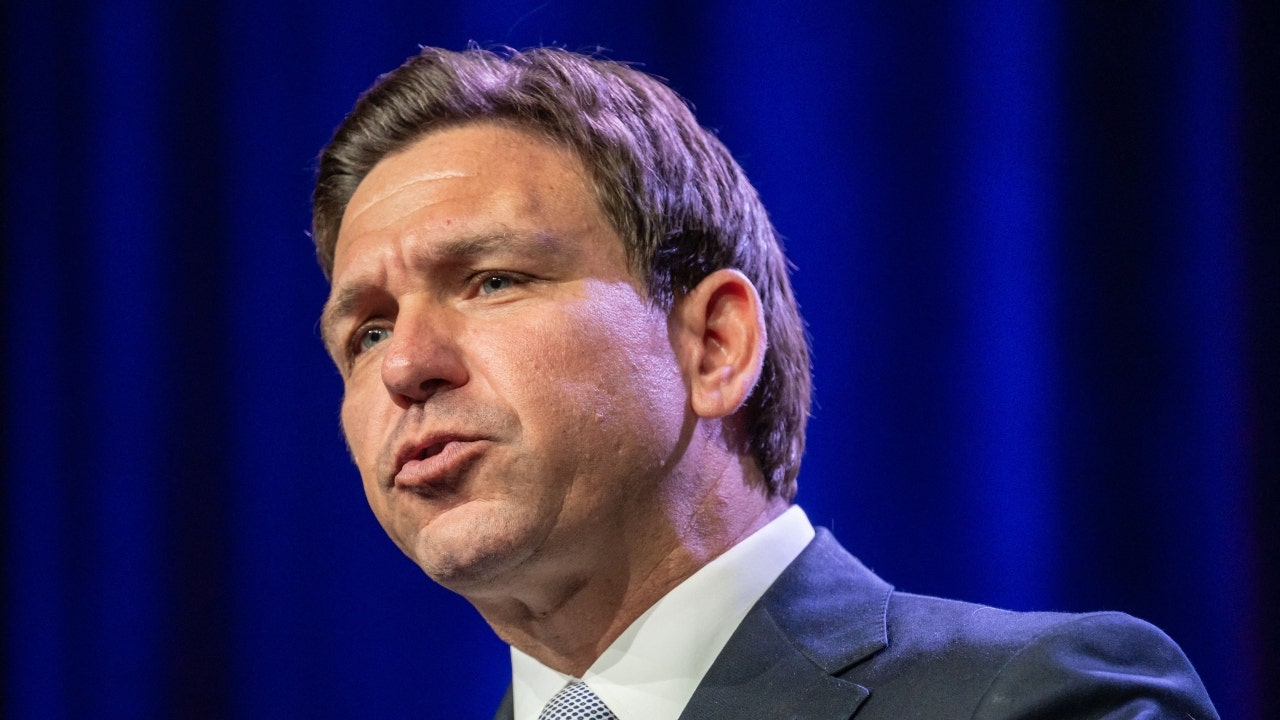
 Politics1 week ago
Politics1 week agoDeSantis signs bill allowing residents to kill bears, vetoes bill that fines slow left lane drivers
-
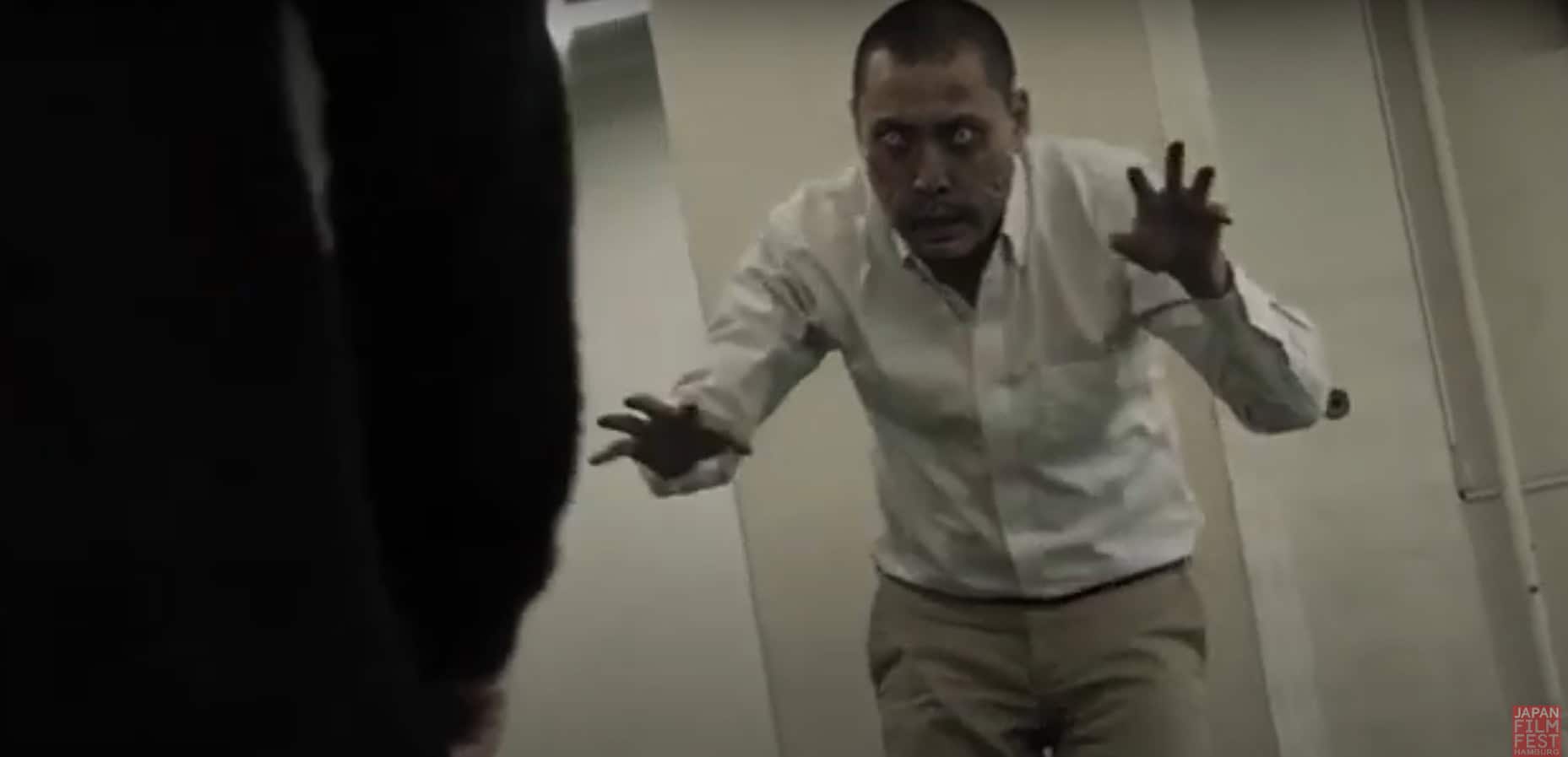
 Movie Reviews1 week ago
Movie Reviews1 week agoFilm Review: Everyday of the Dead (2023) by Yuyuma Naoki
-

 News1 week ago
News1 week agoWoman accused of trying to drown Muslim child in Texas in possible hate crime



